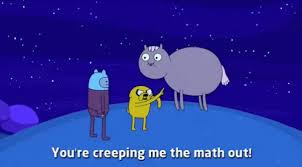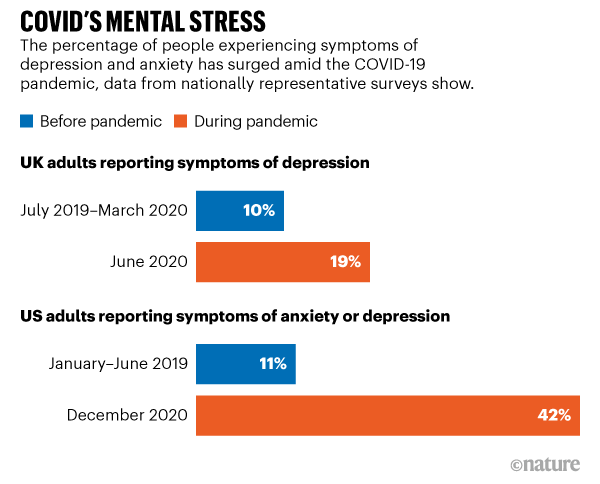I’ve been checking kottke.org pretty much every weekday for the last 15 years. It’s updated frequently and steadily and I can often find something meaningful there. Sometimes it changes and improves my perspective, other times it’s about the best way to fry an egg. This is from that that first category.
3:45 PM is CalArts student Alisha Liu’s second-year film about a lovely day in the park interrupted by an existential case of the Sunday scaries. The animation in this is lovely, particularly in the overhead sequences when things get abstract.
I’m making a new podcast, the details of which I’m announcing as soon as feasible. It’s about mental health, of course, but it’s new. Starting something new - even if it’s a variation on a thing you’ve already been making - is a challenging bit of human math.
Yes, math.
I’m trying to get to the greatest sum.
x = artistic satisfaction
y = global magnanimous satisfaction
w = money, not as a $ total but as a rating
a = time committed
b = creative energy expended
c = creative strength gained
d = social energy expended
e = social capital gained
j = the bottom line
So I guess the formula is:
x + y + w - a - (b +c) - (d + e) = j
And I want that j to be high. My returns are strong on this project so far. My internal accountant is pleased.
I’ve had plenty of jobs where ALL these variables were very low but I think we’re all trying to end these transactions in the black.
Here’s a fascinating article in the journal Nature about efforts to accumulate data on covid mental health effects in countries around the world. Too short summary: shit’s bad.
But in some surprising ways:
Studies and surveys conducted so far in the pandemic consistently show that young people, rather than older people, are most vulnerable to increased psychological distress, perhaps because their need for social interactions are stronger. Data also suggest that young women are more vulnerable than young men, and people with young children, or a previously diagnosed psychiatric disorder, are at particularly high risk for mental-health problems.
It’s not just a study to figure out whether we’re bummed (we are, we’re bummed) but also a study on mental health policies around the world. We’re all facing basically the same virus but if one country is holding up better than another, we can look at both countries’ approach to virus containment and mental healthcare.
To draw studies together, Daisy Fancourt, a psychoneuroimmunologist at University College London, launched the Wellcome-funded CovidMinds programme, which has assembled around 140 longitudinal studies in more than 70 countries. These recruit large numbers of participants and collect health information at regular intervals. CovidMinds links scientists in different countries and encourages the use of standardized questionnaires so that outcomes can be directly compared in international collaborations. “This may allow us to compare the psychological response alongside the political response across countries,” she says.
I wish I was a psychoneuroimmunologist. I wish my name was Daisy Fancourt.
I’ve interviewed two separate YouTubers for my new show, one of whom suggested I should dive into that format as well. I told her that I would be like a chimp with an iPad; the chimp could make it work a little but it would be only a matter of time before the screaming and smashing began.
You have eight minutes and 40 seconds to watch this beautiful mini-documentary about tadpoles.
Also via kottke.org.



